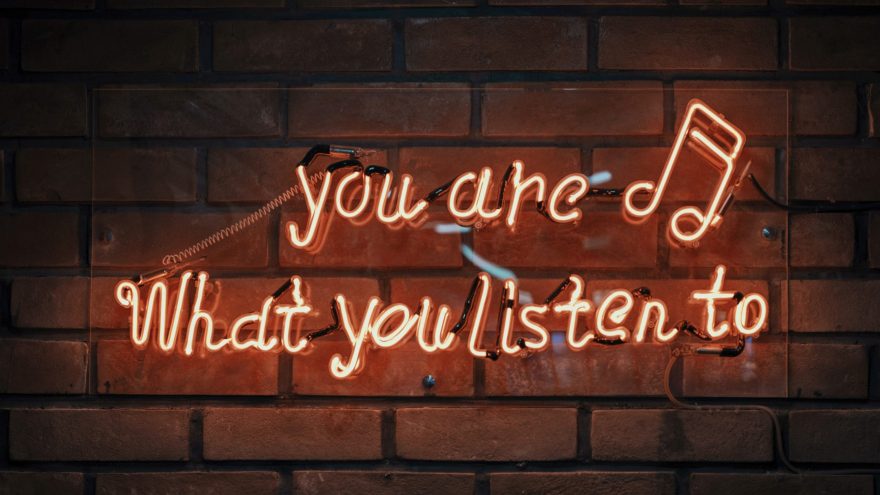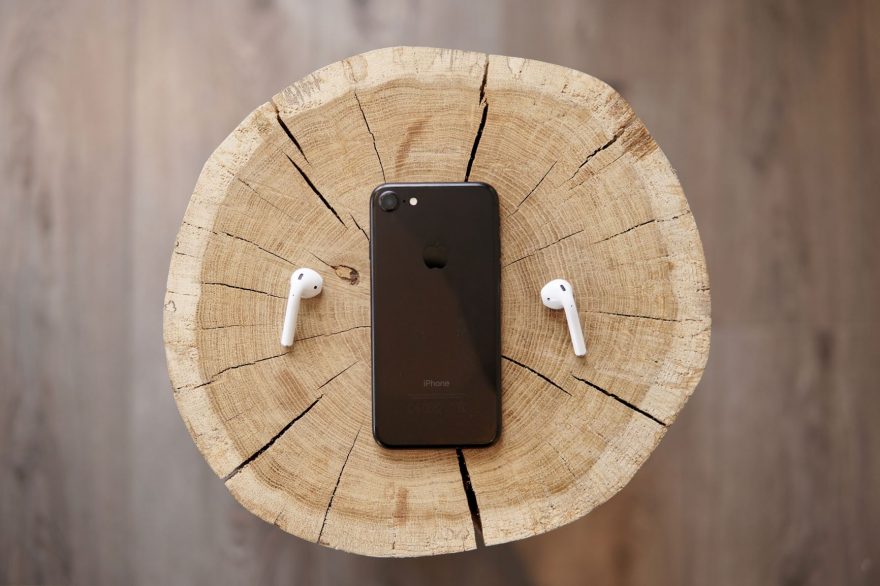Who is responsible for developing you so that your career progresses?
It used to be something that employers took responsible for; however, that may not be the case anymore.
In this podcast, Paul and Ricky explore the way that career development changes over your career and how modern careers may have to have quite different expectations around learning and development.
So, ask yourself, who owns developing your career? Is it you, or is it your boss?






